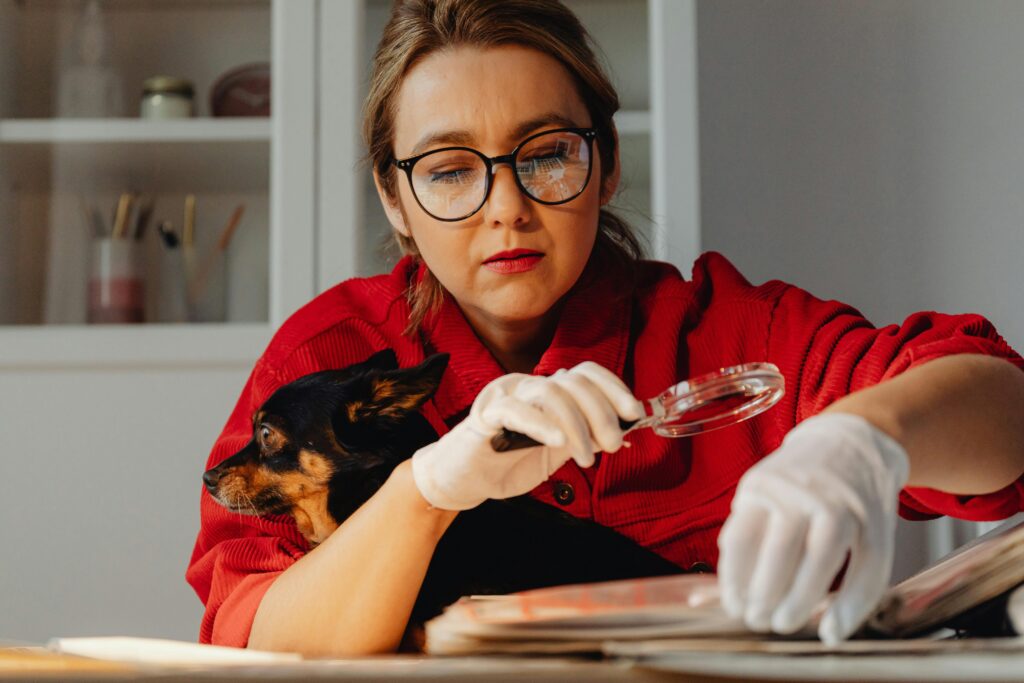When buying a puppy, there are several red flags to watch for to avoid future heartbreak, health problems, or costly surprises.
Contents
hide
Here’s what to steer clear of…
Buying from a Puppy Mill or Unethical Breeder
- Red Flags
- The breeder has multiple litters available at once.
- Puppies are not raised in a home environment and lack proper socialization.
- Poor conditions (e.g., dirty facilities, overcrowded spaces).
- They sell puppies younger than 8 weeks (too early to leave their mother).
Look for reputable breeders or shelters that prioritize animal welfare and responsible breeding practices.
Buying Without Meeting the Puppy First
- Avoid purchasing a puppy without visiting it in person. Photos or videos alone can be misleading.
- If buying online, arrange a meeting with the breeder and see how the puppy interacts with its environment and littermates.
- Scam Alert: Beware of sellers asking for payments in advance without allowing a visit.
Choosing Based Only on Appearance
- A cute puppy may capture your heart, but it’s important to prioritize temperament and health over looks.
- Ensure the puppy’s personality aligns with your lifestyle—an energetic puppy may be hard to handle if you prefer a quiet routine.
Avoiding Health Screening and Medical Records
- Avoid breeders who cannot provide:
- Health clearances for the puppy’s parents (for breed-specific conditions).
- Vaccination and deworming records.
- Results from any genetic tests for common breed-related issues.
Healthy puppies come from healthy parents, so ensure the breeder conducts necessary screenings.
Ignoring the Puppy’s Parents’ Temperament
- If the breeder does not let you meet the puppy’s mother or both parents, it’s a red flag. Parents’ temperaments often reflect how their offspring will behave.
Choosing a Puppy with Behavioral Red Flags
- Signs to Avoid:
- Extremely fearful or timid puppies that avoid interaction.
- Aggressive behavior towards littermates or people.
- Lack of energy or listlessness (could indicate illness).
Buying on Impulse
- Avoid choosing a puppy in the heat of the moment without thinking through the responsibilities.
- Consider the time, energy, and finances needed for proper care (e.g., food, vet bills, training, etc.).
Not Asking for a Written Contract
- Ensure there’s a contract that outlines the breeder’s responsibilities, your obligations, and guarantees (e.g., health guarantees or a return policy).
- A reputable breeder will often offer a return clause if you cannot care for the puppy.
Falling for “Too Good to Be True” Prices
- If a price seems unusually low, it might be a scam or indicate the puppy is from a puppy mill or backyard breeder.
- Responsible breeders invest in health testing, care, and proper nutrition, which reflects in the cost.
Overlooking Post-Purchase Support
- Avoid breeders or sellers who don’t offer post-sale advice or support.
- Good breeders or rescue organizations will want to stay in touch and ensure the puppy adjusts well to its new home.
Getting a Puppy Too Young or Without Proper Socialization
- Puppies should stay with their mother and littermates until 8–12 weeks old to develop essential social skills.
- Avoid puppies that have had little interaction with people or exposure to new environments (they may struggle with socialization later).
Skipping Research on Breed-Specific Issues
- Some breeds are prone to hereditary health conditions (e.g., hip dysplasia, heart problems). Avoid puppies from breeders who don’t test for these conditions.
- Consider if the breed’s needs—such as exercise or grooming—align with your lifestyle.
Ignoring Your Instincts
- If something feels “off” about the breeder, shelter, or situation, trust your gut and walk away.
- A reputable breeder or rescue group should make you feel confident, not pressured.
Avoiding these common mistakes will help you find a healthy, happy puppy that’s a perfect fit for your home and lifestyle.


